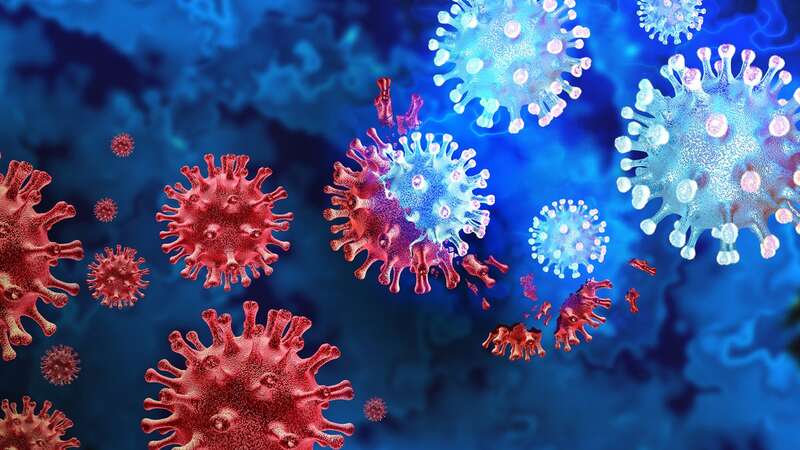
Recently I was called to have my sixth Covid booster and I had the most profound reaction in my arm– much greater than before. This big, red, sore lump must have lasted around five days.
Wow, I thought, my immune system recognises the latest Covid variant and would probably protect me in future.
And a new Cambridge University study sheds light on what I’d experienced, after finding that people differ in how vulnerable they are to emerging variants of SARS-CoV-2.
This is because the first variant of Covid-19 a person is exposed to determines how well their immune system responds to different parts of the virus, and how protected they are against other variants. I guess I’m just lucky.
The research involved a large-scale collaboration across 10 research institutes and produced a thorough snapshot of early global immunity to Covid-19.
 Spectacular New Year fireworks light up London sky as huge crowds celebrate across UK for first time in three years
Spectacular New Year fireworks light up London sky as huge crowds celebrate across UK for first time in three years
It seems the same Covid-19 vaccine might work differently for different people, depending on which variants of Covid they’ve been exposed to. The bottom line is we must continue to detect new variants, and understand differences in immunity to Covid across the population.
This information can be plumbed into future vaccination strategies.
“It was a surprise how much of a difference we saw in the focus of immune responses of different people to SARS-CoV-2. Their immune responses appear to target different specific regions of the virus, depending on which variant their body had encountered first,” said Cambridge’s DrSamuel Wilks and first author of the report.
“Our results mean that if the virus mutates in a specific region, some people’s immune system will not recognise the virus as well so it could make them ill, while others may still have good protection against it.”
Researchers examined the immunity of people who’d either been infected naturally with one of many Covid variants, or who had been vaccinated against Covid with different numbers of doses of the Moderna vaccine.
They then analysed the immunity these people developed, and found significant differences between immune responses depending on which variant a person had been infected with first.
“These results give us a deep understanding of how we might optimise the design of Covid-19 booster vaccines in the future,” said Professor Derek Smith, senior author of the report.
“We want to know the key virus variants to use in vaccines to best protect people in the future.”
Dr Wilks added: “The study was an opportunity to really see – from the first exposure to SARS-CoV-2 onwards – what the basis of people’s immunity is, and how this differs across the population.”
Read more similar news:
Comments:
comments powered by Disqus

































